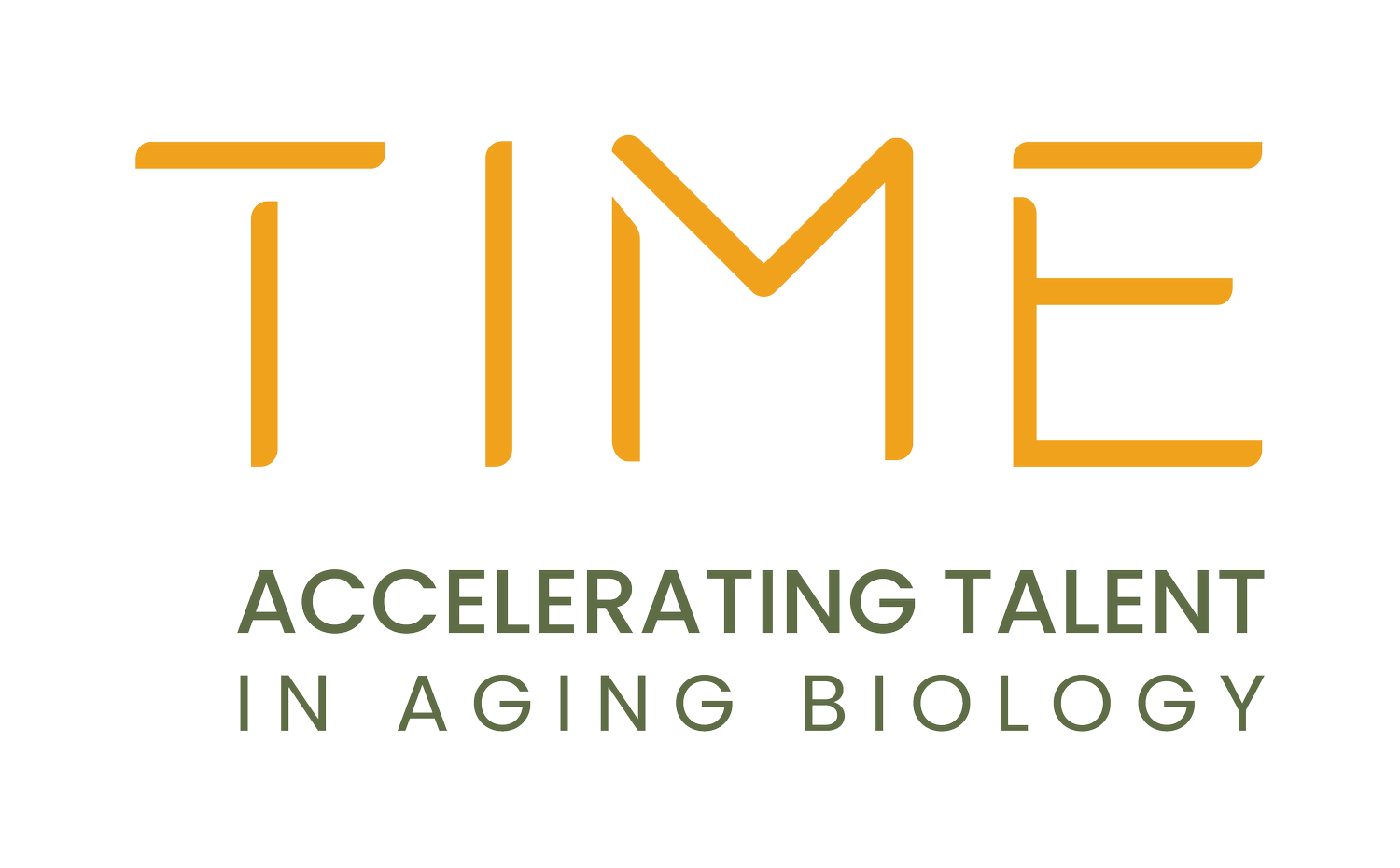A Leading Hope in Healthy Longevity Medicine
My interest in healthy longevity research is inextricably tied with its potential applications to human health. Over the past decade, the field has witnessed remarkable breakthroughs, from the discovery of natural senolytics like Fisetin to lifespan extension in mice through rapamycin. When I first encountered these advancements, my thoughts immediately turned towards its implications on human health.
Given the exciting nature of this field, there has been a lot of media buzz. I’ve found it challenging to separate the scientifically-backed aging interventions to the feel-good products launched by those eager to share the lucrative limelight. A brief foray online reveals a plethora of “anti-aging” products, all of them touting promises of youthful rejuvenation. Take, for instance, multimillionaire Bryan Johnson, who consumes over 100 supplements per day in an effort to reverse aging––a regimen he markets as “Project Blueprint.” There is limited clinical proof. In conventional medicine, interventions undergo rigorous validation through several rounds of clinical trials. Most require a doctor’s prescription, a safeguard to prevent the potentially harmful and even life-threatening outcomes that come with improper drug use. Why should the medical interventions developed for healthy longevity be subjected to any less scrutiny?
I was drawn to the pioneers pushing the boundaries of healthy longevity medicine––those dedicated to safely and effectively translating these groundbreaking discoveries into real-world applications. One such figure is Professor Andrea Maier, the Oon Chiew Seng Professor of Medicine at the National University of Singapore (NUS) and the Co-Director of the Centre for Healthy Longevity (CHL). Not only is she a prolific geroscience researcher, but she is working to establish longevity clinics in Singapore, including the already operational Chi Longevity. Additionally, in volunteering capacity, she serves as president of the Healthy Longevity Medical Society (HLMS).
As an undergrad pre-med student passionate about merging my love for healthy longevity research with medicine, I was eager to better understand this emerging intersectional field from the perspective of someone ambitiously building it from the ground up. So, I reached out to Professor Maier for a conversation.
Professor Maier’s passion for healthy longevity medicine and her clear vision for its future is contagiously inspiring. Imagine a healthcare system that gives patients the choice to optimize their health, treating the risk of aging-related diseases rather than addressing them only when they become severe and difficult to manage. The result would be the prevention of pain, and the addition of happy, healthy years to life. On the economic end, money would be saved both on the individual patient level, as treatment for life-threatening diseases is costly, and on a national scale, reducing overall healthcare expenditures. Such considerations become especially pertinent given the rapidly aging populations around the world. This extraordinary vision is driven by Professor Maier.
At the very end of our interview, I asked if I could intern with her team over the summer. She warmly welcomed me, and with the support from the TIME Fellowship, I embarked on an incredible journey. As I’m writing this, I’m approximately 1.5 months into the internship. So far, I’ve gained hands-on clinical experience at the CHL, spending my mornings conducting alpha-ketoglutarate intervention trials at the Healthy Longevity Research Clinic and the afternoons working with Dr. Ajla Kuerec on systematic reviews on female reproductive aging. During my free time, I managed to tour the Chi Longevity clinic and chat with its team, satisfying my burning curiosity on the inner workings of a longevity clinic. Immersing myself in these initiatives have allowed me to experience the daily operations of clinical work, grounding my understanding of the field.
Professor Maier also devotes time and energy into nurturing the future leaders of healthy longevity. During our interview, she excitedly spoke about the Healthy Longevity Talent Incubator (HLTI), which gathers passionate young people from around the world for lectures and hands-on learning activities designed to inspire and educate. As a 2024 participant, I was astounded. I had never before encountered so many healthcare professionals and researchers gathered in one place, all deeply interested and knowledgeable on the intersection between medicine and healthy longevity. Not only did I gather insights from mentors and peers alike, but I have also found a community that nurtured my interests.
Throughout the incubator, I had the opportunity to see Professor Maier in person daily. I was able to observe her leadership qualities that extended beyond her incredible achievements to reflect her strong character. I won’t forget how she eagerly joined a group of participants, including myself, to discuss establishing a “Young HLMS”, which is still being followed up on through a groupchat. During dinner on our last day, she listened to a participant’s research concerns and offered her advice through statistical methods.
Near the end of our interview, Professor Maier imparted a simple, essential piece of wisdom: find good mentors. Navigating a field without the guidance of knowledgeable mentors is daunting. Case in point: if I hadn’t connected with people like her and Courtney, I wouldn’t be writing this article. Moreover, mentors can inspire. During that impromptu dinnertime session, Professor Maier humorously recommended the book “Statistics for Dummies.” Apparently, she used that book to teach herself the essential skills when she was young. “When did you do all of that?” I asked, astonished. “When I was your age,” she replied with a wink.
Links mentioned in the video:
Center for Healthy Longevity
Healthy Longevity Talent Incubator
Healthy Longevity Medical Society
